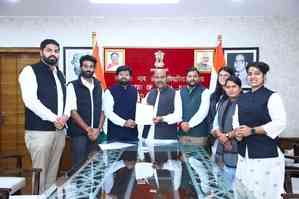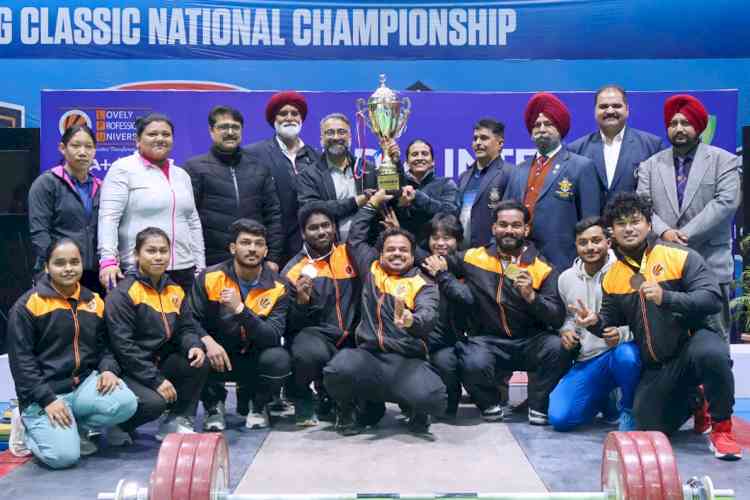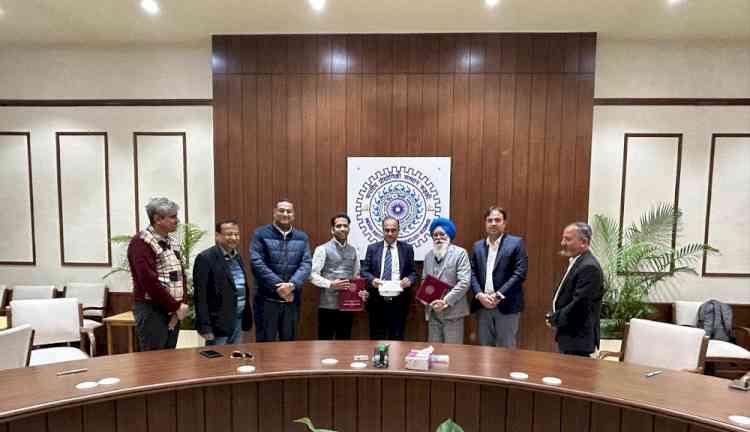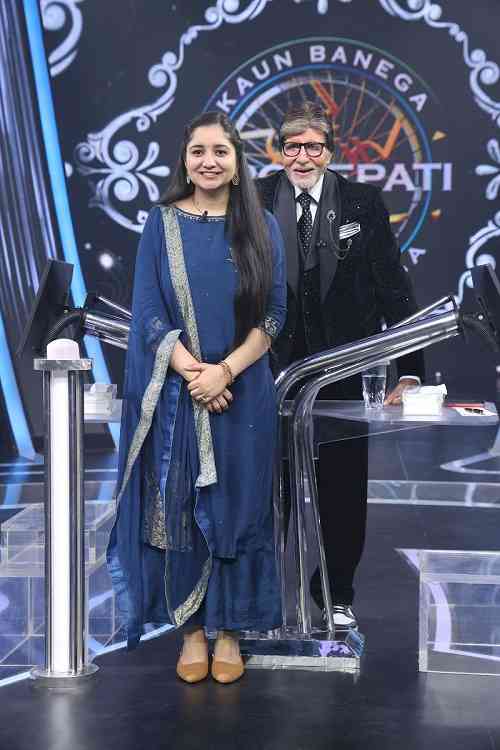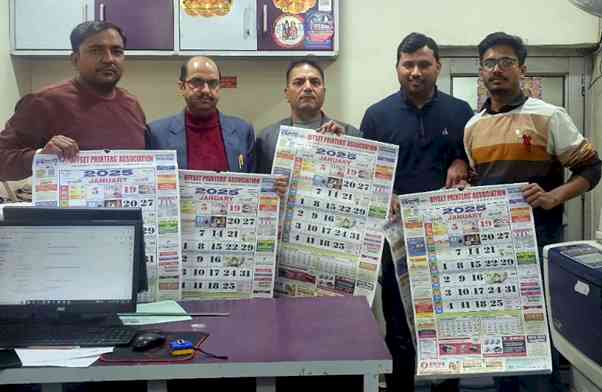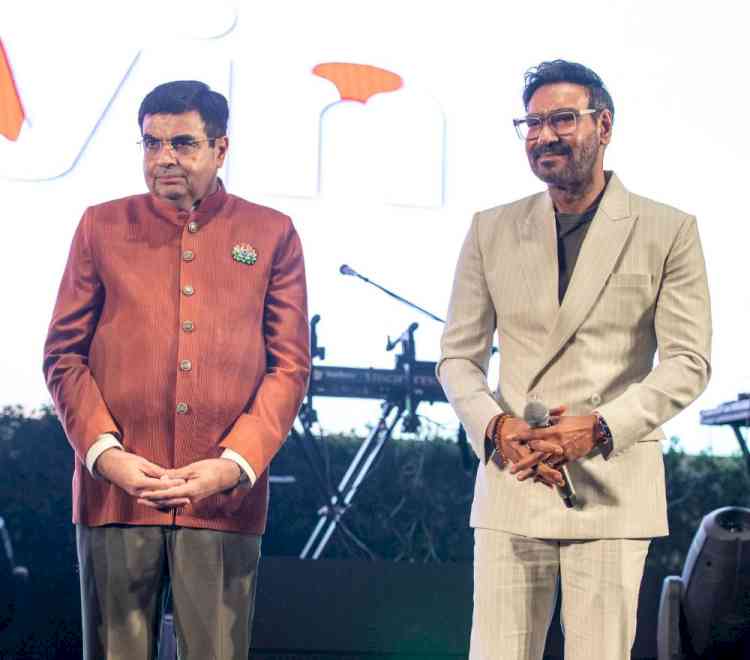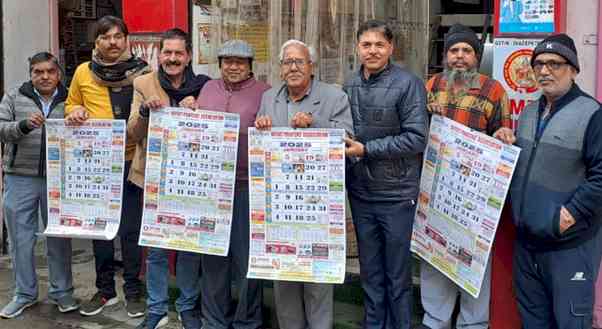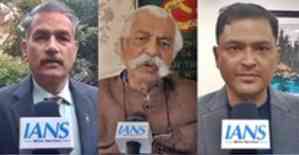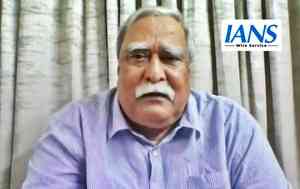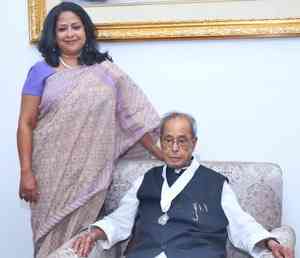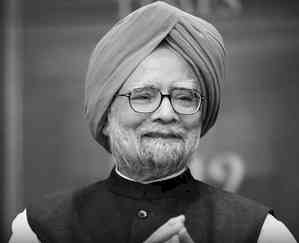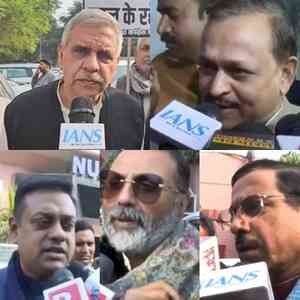Panjab University developed AI model for identifying forged and real signatures- Copyright granted
Panjab University researchers from Department of Anthropology and Institute of Forensic Science developed an artificial intelligence based model for identifying real and forged signatures. Copyright office of the Government of India granted a copyright registration to the AI model. The model can be used to identify the frauds such as signature forgery on important documents.
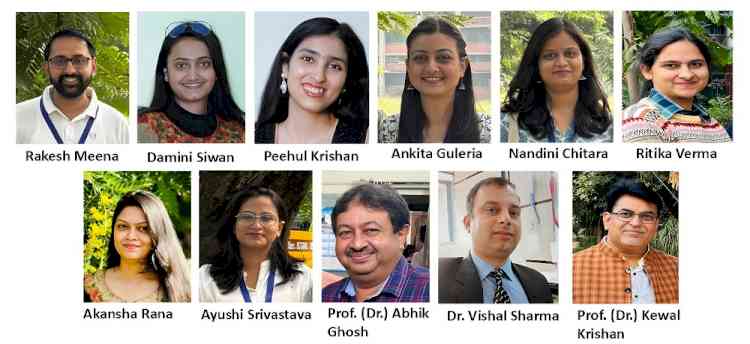
Chandigarh, December 4, 2024: Panjab University researchers from Department of Anthropology and Institute of Forensic Science developed an artificial intelligence based model for identifying real and forged signatures. Copyright office of the Government of India granted a copyright registration to the AI model. The model can be used to identify the frauds such as signature forgery on important documents.
The AI model was developed by Prof. Kewal Krishan and his research team namely Rakesh Meena, Damini Siwan, Peehul Krishan, Ankita Guleria, Nandini Chitara, Ritika Verma, Akansha Rana and Ayushi Srivastava. Prof. Abhik Ghosh and Dr. Vishal Sharma also guided the scholars in creating this model. Peehul Krishan is a former student of UIET and now a PhD research scholar at the School of Computing and Electrical Engineering, Indian Institute of Technology (IIT), Mandi, Himachal Pradesh.
Developing the AI model is an idea of Prof. Kewal Krishan who is a renowned forensic scientist and has devised various criminal investigation methods. Rakesh Meena is working on signature verification for his PhD research who will be utilizing this model for his PhD research.
The AI model is based upon SVM (Support vector machine), a supervised machine learning algorithm which distinguishes the real and forged signatures in practical situations. The model received an accuracy of 90% in classifying the real and forged signatures on 1400 handwritten signatures (700 real and 700 forged).
The AI model is unique and may be utilized in forensic examinations and criminal investigation where the signature forgery is involved. There is a direct utility of the model in identifying signatures on forms, cheques, drafts, treasury documents, registration of property and other bank documents etc. This will definitely save the precious time of forensic scientists and document examiners and reduce their work load for identifying forged and real signatures.
The Vice Chancellor, Professor Renu Vig has congratulated the team for developing such a practical model and encouraged other researchers and faculty members of Panjab University to utilize the knowledge of AI in research and generating new ideas.


 City Air News
City Air News 
